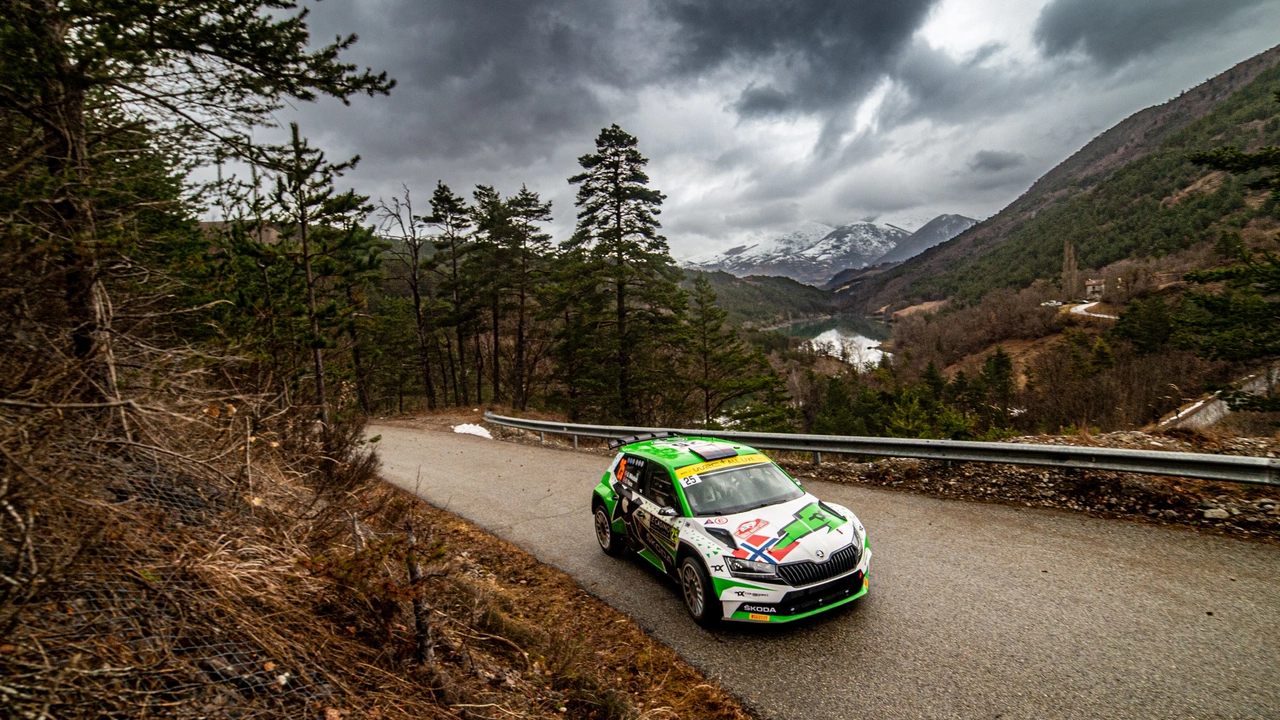Understanding the Basics of Rally and F1 Racing
Before diving into the debate of who are better drivers - rally or F1 drivers - let's first understand the basics of these two racing types. Formula 1, often shortened to F1, is a type of single-seater car racing that originated in Europe and is considered the highest level of international racing. Rally racing, on the other hand, involves racing in off-road areas where the driver must navigate through different terrains and weather conditions, often at high speeds.
Assessing the Skill Sets of Rally Drivers
Rally drivers are often lauded for their flexibility and adaptability. Unlike F1 drivers who race on well-maintained tracks, rally drivers must contend with a variety of terrains, including gravel, mud, and snow. They often have to make split-second decisions to navigate these challenging landscapes successfully. This requires a high degree of skill, finesse, and a robust understanding of the vehicle's capabilities.
Examining the Capabilities of F1 Drivers
F1 drivers, on the other hand, are celebrated for their precision and consistency. Their races take place on dedicated tracks, where the slightest mistake can mean the difference between victory and defeat. These drivers need to have an intimate understanding of their vehicles, allowing them to push them to their limits while maintaining control. They also need to have a deep understanding of racing strategies, as F1 is as much a mental game as it is a physical one.
Comparing Physical Demands of Both Racing Types
Both rally and F1 racing place significant physical demands on the drivers. F1 drivers often undergo rigorous physical training to cope with the high G forces experienced during races. They also need to have a high degree of stamina to maintain concentration over long periods. Rally drivers, while not experiencing the same level of G force, still need to be physically fit to handle the demands of their sport - particularly the requirement to make fast, precise movements in response to changing terrains.
Evaluating the Mental Strength Needed
Mental strength is another critical factor in both types of racing. F1 drivers need to maintain focus and concentration for a prolonged period, often under extreme pressure. Rally drivers, too, need a high level of mental resilience, as they must make rapid decisions and adjustments throughout the race. The unpredictability of the terrain in rally racing can often add an extra layer of stress and pressure.
Assessing the Risk Factors Involved
Risk is an inherent part of any type of racing, but it's particularly pronounced in rally and F1 racing. F1 races involve high speeds on tight tracks, often with many other cars in close proximity. This leaves little room for error. Rally races, meanwhile, involve navigating unpredictable terrains at high speeds, often with little protection from the elements or other obstacles. This can increase the risk of accidents and injuries.
Understanding the Role of Teamwork
Both F1 and rally racing require a high level of teamwork. F1 drivers work closely with their pit crew to ensure that their vehicle is in optimal condition and to strategize about the race. Rally drivers, on the other hand, often work in pairs, with a co-driver who helps navigate the course. This requires excellent communication and trust between the driver and their team.
Respecting the Unique Skills of Each
While it's tempting to compare rally and F1 drivers, we must acknowledge the unique skills required in each type of racing. Rally drivers excel in adaptability, quick decision-making, and handling a wide range of terrains. F1 drivers, meanwhile, are masters of precision, consistency, and high-speed control. Each type of racing poses its own unique challenges, and the skills required to excel in one may not necessarily translate to the other.
Conclusion: Rally Drivers Vs F1 Drivers
In conclusion, the question of whether rally drivers are better than F1 drivers isn't a simple one. Both types of drivers exhibit high levels of skill, physical fitness, mental resilience, and teamwork. They each face different challenges and risks, requiring them to develop unique skill sets. While it's fun to speculate, it's important to remember that both are accomplished athletes in their own right, deserving of our respect and admiration.
